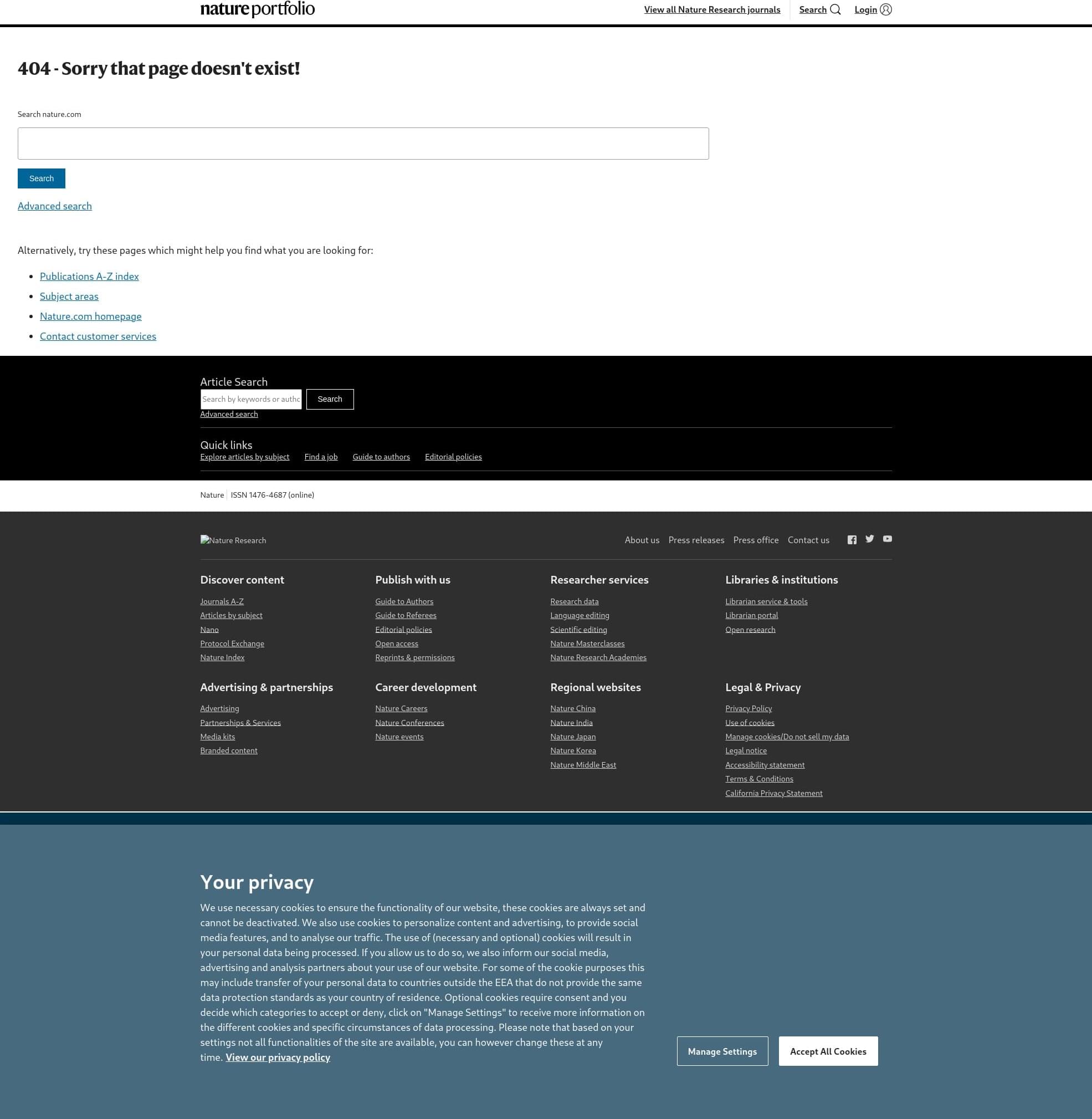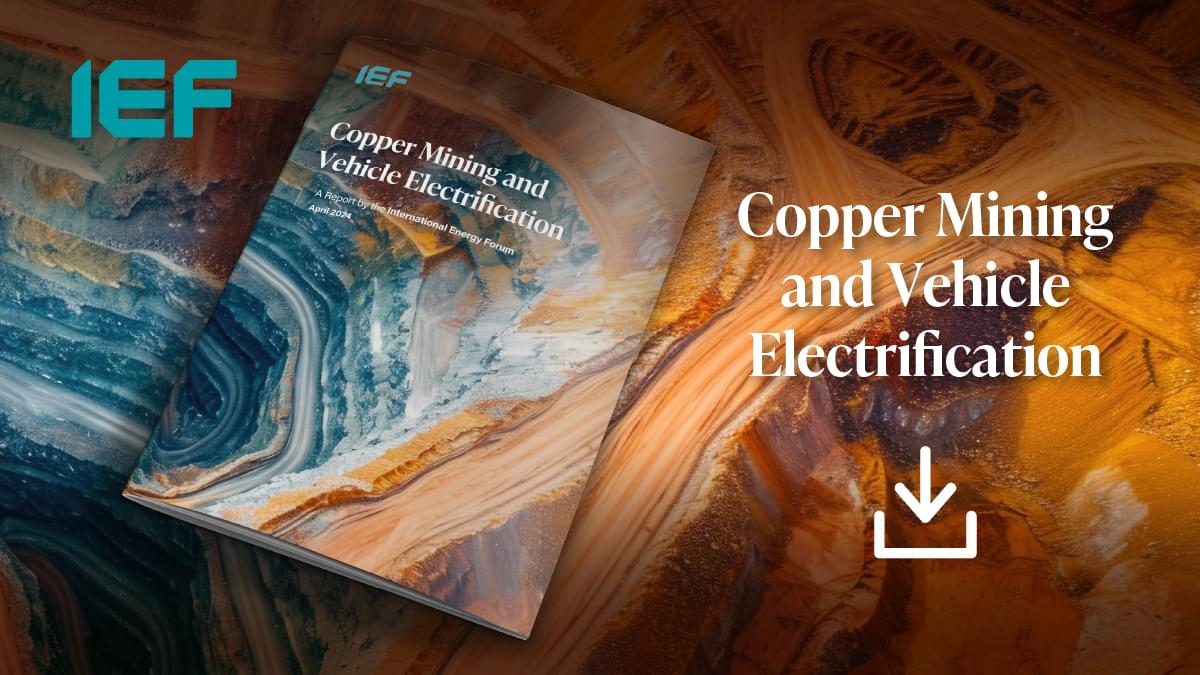Dr. Michael Osterholm, PhD, MPH ( https://www.cidrap.umn.edu/michael-t-osterholm-phd-mph ) is Regents Professor, McKnight Presidential Endowed Chair in Publi…
Category: policy – Page 7

Linus Pauling: A Lifetime of Science
We use cookies to make sure that our website works properly, as well as some optional cookies to personalise content and advertising, provide social media features and analyse how people use our site. By accepting some or all optional cookies you give consent to the processing of your personal data, including transfer to third parties, some in countries outside of the European Economic Area that do not offer the same data protection standards as the country where you live. You can decide which optional cookies to accept by clicking on “Manage preferences”, where you can also find more information about how your personal data is processed. Further information can be found in our privacy policy.

Human-AI Collaboration in Cloud Security: Cognitive Hierarchy-Driven Deep Reinforcement Learning
Given the complexity of multi-tenant cloud environments and the growing need for real-time threat mitigation, Security Operations Centers (SOCs) must adopt AI-driven adaptive defense mechanisms to counter Advanced Persistent Threats (APTs). However, SOC analysts face challenges in handling adaptive adversarial tactics, requiring intelligent decision-support frameworks. We propose a Cognitive Hierarchy Theory-driven Deep Q-Network (CHT-DQN) framework that models interactive decision-making between SOC analysts and AI-driven APT bots. The SOC analyst (defender) operates at cognitive level-1, anticipating attacker strategies, while the APT bot (attacker) follows a level-0 policy. By incorporating CHT into DQN, our framework enhances adaptive SOC defense using Attack Graph (AG)-based reinforcement learning. Simulation experiments across varying AG complexities show that CHT-DQN consistently achieves higher data protection and lower action discrepancies compared to standard DQN. A theoretical lower bound further confirms its superiority as AG complexity increases. A human-in-the-loop (HITL) evaluation on Amazon Mechanical Turk (MTurk) reveals that SOC analysts using CHT-DQN-derived transition probabilities align more closely with adaptive attackers, leading to better defense outcomes. Moreover, human behavior aligns with Prospect Theory (PT) and Cumulative Prospect Theory (CPT): participants are less likely to reselect failed actions and more likely to persist with successful ones. This asymmetry reflects amplified loss sensitivity and biased probability weighting — underestimating gains after failure and overestimating continued success. Our findings highlight the potential of integrating cognitive models into deep reinforcement learning to improve real-time SOC decision-making for cloud security.
What If Everything Changed? | Robin Hanson | TEDxNorrköping
Whar may happen when the first truly smart robots appear, based on brain emulations or ems. Scan a human brain, then run a model with the same connections on a fast computer, and you have a robot brain, but recognizably human.
Train them to do some job and copy it a million times: an army of workers is at your disposal. When they can be made cheaply.
within perhaps a century, they will displace humans in most jobs.
In this new economic era, the world economy may double in size every few weeks.
Applying decades of expertise in physics, computer science, and economics.
and use ofstandard theories indicate a detailed picture of a world dominated by ems.
Associate Professor of Economics, and received his Ph.D in 1997 in social sciences from Caltech. Joined George Mason’s economics faculty in 1999 after completing a two year post-doc at U.C Berkely. His major fields of interest include health policy, regulation, and formal political theory. Recent book: The Age of Em: Work, Love and Life When Robots Rule The Earth. Oxford University Press, 2016.
This talk was given at a TEDx event using the TED conference format but independently organized by a local community.

A magic pill for poverty’s health impacts is coming. Who needs a social safety net?
There are two ways of dealing with this public health problem. One is to devise a comprehensive strategy to combat social inequality that will prevent disease before it happens. Another way is to develop a pill that treats the wear and tear of stress and toxins on the body.
Believe it or not, there are experiments on such pills underway.
Candidates include dasatinib, quercetin, metformin, rapamycin and fisetin among many others. These drugs may slow or even reverse aging in anyone, but they hold the greatest promise for improving America’s health because they disproportionately help the disadvantaged. This population bears the greatest burden of disease by far, so even small health gains in this population can go a long way.
Americans would much prefer a pill or a vaccine over a contentious policy battle.

Copper Mining and Vehicle Electrification
Copper is the mineral most fundamental to the human future because it is essential to electricity generation, distribution, and storage. Copper availability and demand determine the rate of electrification, which is the foundation of current climate policy. Many studies have raised concerns that copper supply cannot meet the copper demands of both the green energy transition and equitable global development, but the seemingly universal presumption persists that the copper needed for the green transition will somehow be available. This need not be the case for even the first step of vehicle electrification.
This paper addresses this issue by projecting copper supply and demand from 2018 to 2050 and placing both in the historical context of copper mine output. Discussion is focused on a single diagram that illustrates the unprecedented nature of the copper mining challenge and ways to reduce copper demand.
Just to meet business-as-usual trends, 115% more copper must be mined in the next 30 years than has been mined historically until now. To electrify the global vehicle fleet requires bringing into production 55% more new mines than would otherwise be needed. On the other hand, hybrid electric vehicle manufacture would require negligible extra copper mining.

Study strengthens link between shingles vaccine and lower dementia risk
An unusual public health policy in Wales may have produced the strongest evidence yet that a vaccine can reduce the risk of dementia. In a new study led by Stanford Medicine, researchers analyzing the health records of Welsh older adults discovered that those who received the shingles vaccine were 20% less likely to develop dementia over the next seven years than those who did not receive the vaccine.
The remarkable findings, published in Nature, support an emerging theory that viruses that affect the nervous system can increase the risk of dementia. If further confirmed, the new findings suggest that a preventive intervention for dementia is already close at hand.

The Neuralink Patient Registry is now open globally!
(https://twitter.com/neuralink/status/1907493477086117955)
We’ve detected that JavaScript is disabled in this browser. Please enable JavaScript or switch to a supported browser to continue using x.com. You can see a list of supported browsers in our Help Center.
Terms of Service Privacy Policy Cookie Policy Imprint Ads info © 2025 X Corp.

Captain Kirk is going to Mars
(https://twitter.com/WilliamShatner/status/1907056808730235247)
We’ve detected that JavaScript is disabled in this browser. Please enable JavaScript or switch to a supported browser to continue using x.com. You can see a list of supported browsers in our Help Center.
Terms of Service Privacy Policy Cookie Policy Imprint Ads info © 2025 X Corp.

Creative Rights In AI Coalition launches to protect copyright in government policy on generative AI
A new coalition of rights-holders has called on the government to support growth in the creative and tech sectors by protecting copyright ahead of an imminent AI consultation.
The BPI, PRS For Music, PPL, MPA and UK Music are among the group of publishers, authors, artists, music businesses, specialist interest publications, unions and photographers.
Launching today, the Creative Rights In AI Coalition has published three key principles for copyright and generative AI policy and a statement supported by all member organisations. The coalition is calling on government to adopt the principles as a framework for developing AI policy.
Here’s my take: I was in the music industry for many years, so I know how it operates. People pay royalties every time an artists music is used. My friend Ayub Ogada made an ungodly amount of money from only one album that supported him all the way past death. His music still generates rotalties. Much of it was due to the smarts of Rob Bozas who ran royalties for Peter Gabriel’s Real World Records. AI companies also will have to start paying royalties to creatives whose intellectual property they use to train their AI just like royalties are paid in the music industry. Many AI companies may not be as profitable as many may think due to liabilities from use of intellectual property to train the AI, as without the content the AI could not be trained. Many lawsuits will happen in the foreseeable future.